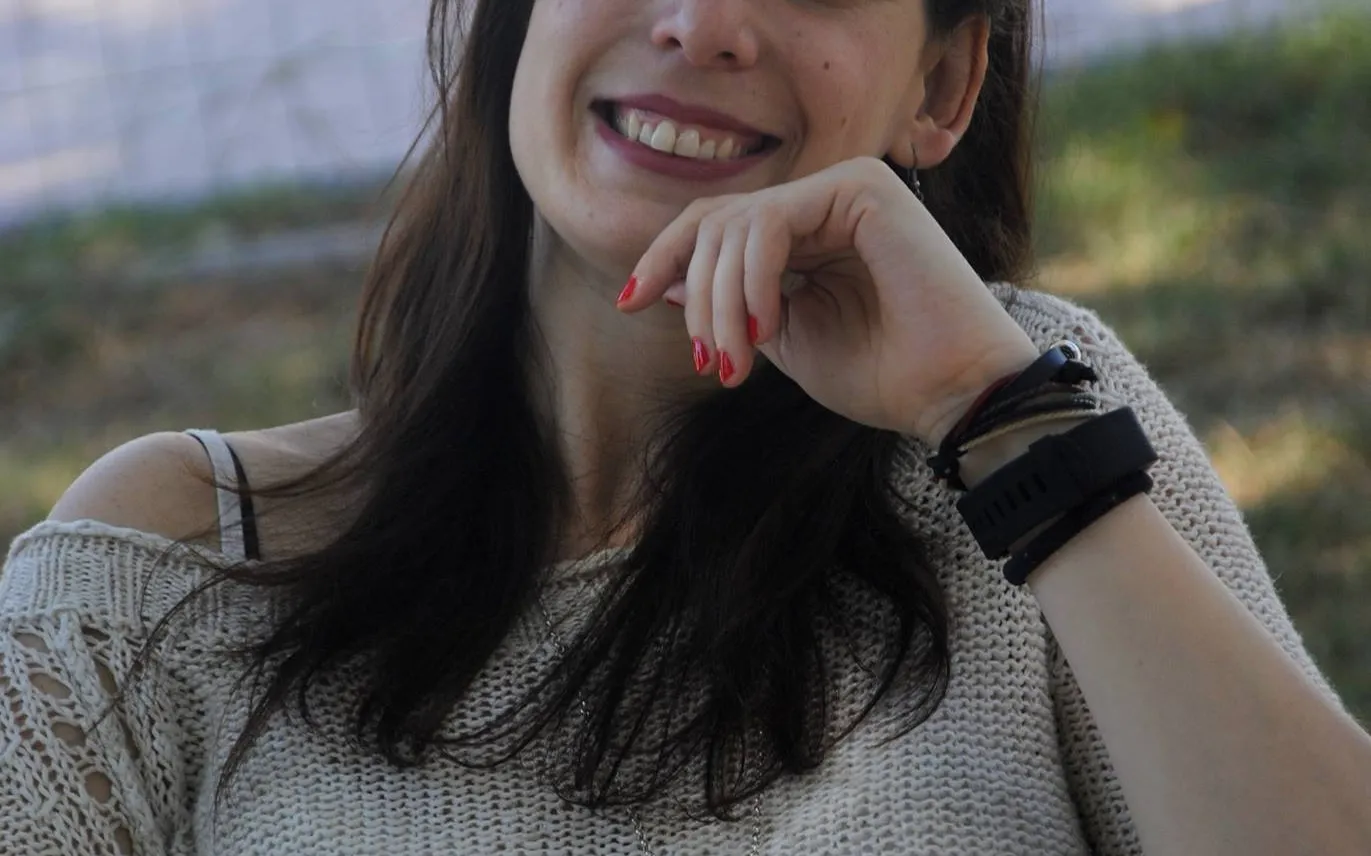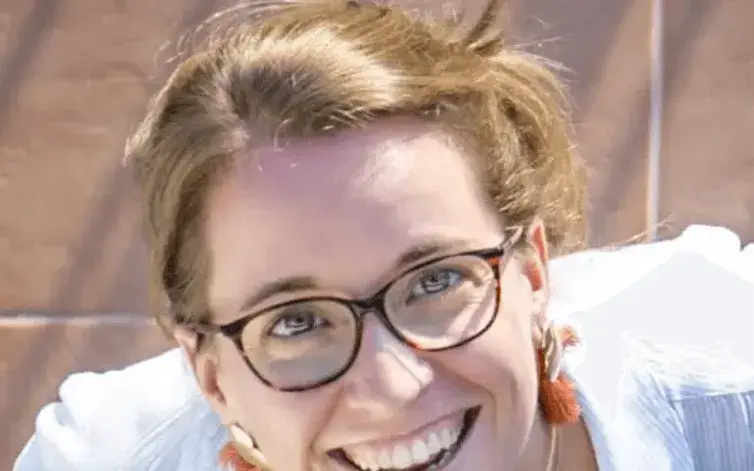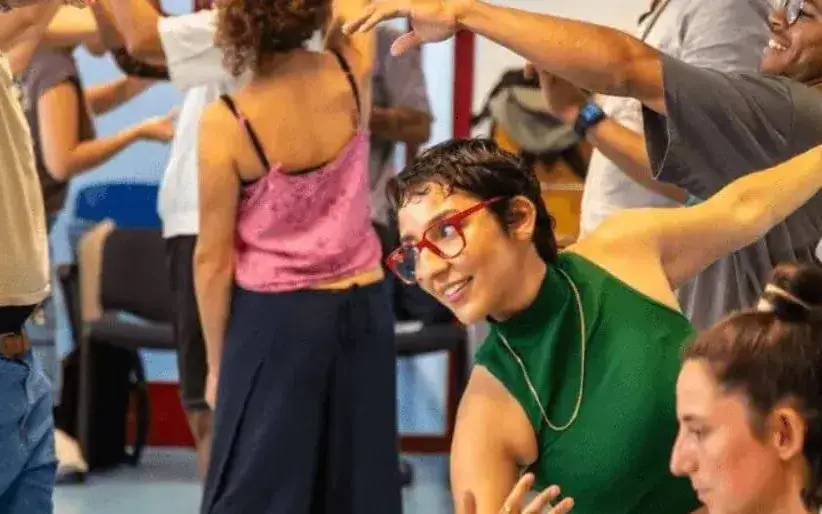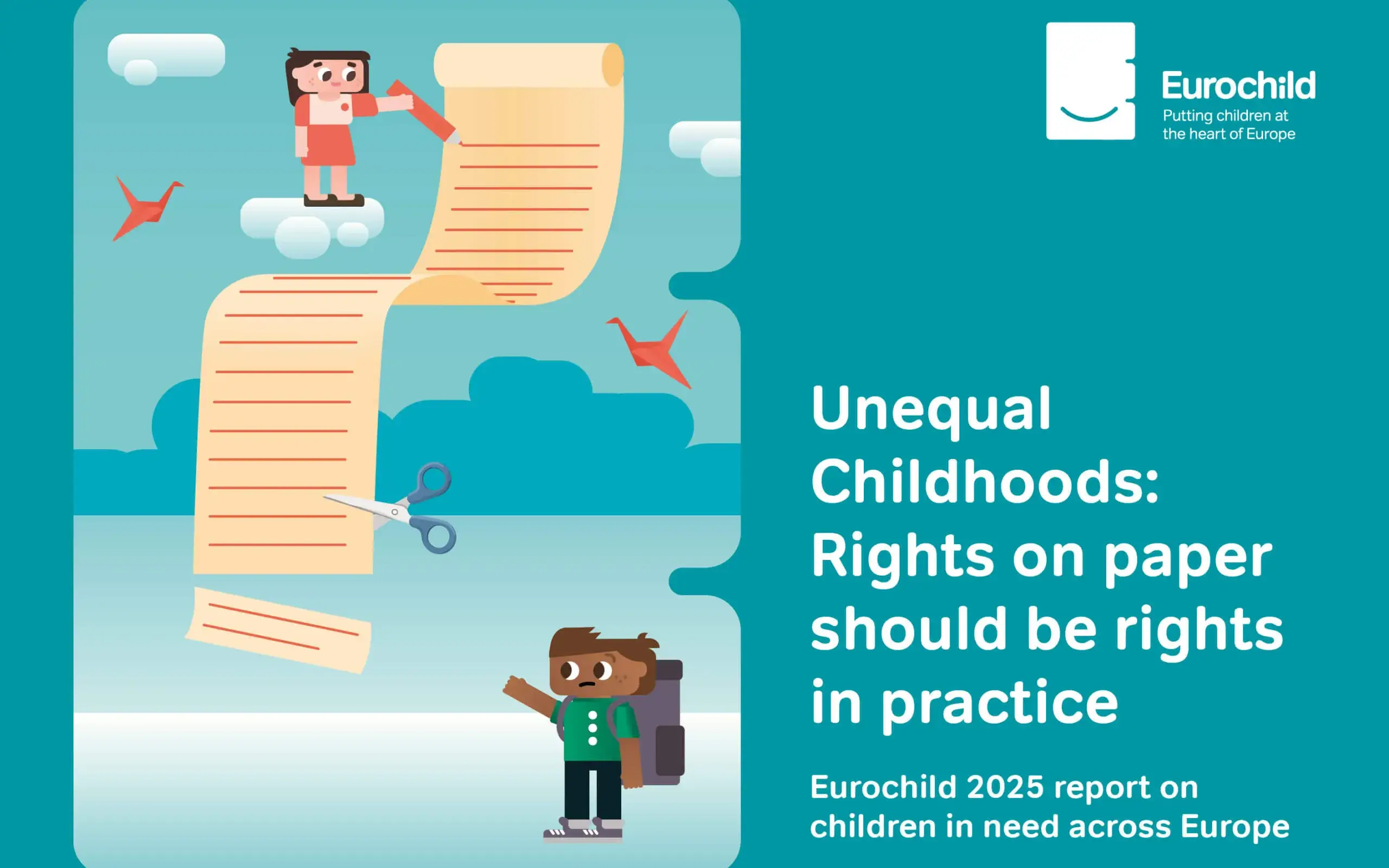Marta Campo, responsible for communication and project management of the Catalan Autism Federation, highlights the collaboration between the different European countries to achieve improvements and social recognition for people with autism.
Why was the Catalan autism federation born?
The Catalan Federation of Autism was born in 2009 in order to defend the rights of people with autism and their families. In the beginning, the main need was to convey that autism was a reality and what this reality was like, therefore, the Federation dedicated itself to sensitizing, informing and training about autism.
From the year 2018, new needs are observed within the association of families and autistic people, and it is decided to make a change in strategy: a portfolio of services is created, the team is expanded, a strategy is defined and projects with a direct impact on the territory and the collective begin to be launched.
What are your goals as a federation?
The main objective is the defense of a diverse society but equal in rights. Autism is a transversal condition, present in all areas of the person's life, therefore, our action and our objectives are directed towards the creation and consolidation of spaces for community participation in all spaces: l school, the municipality, culture, work, higher studies, trade, the city, industry, health environments, access to justice, public safety, gender relations, nature, the leisure and also the third sector.
how do you do it
To do this, we support the more than 40 entities that are currently part of the Federation in Catalonia: we offer services that facilitate the lives of entities made up of relatives and autistic people who, apart from having their jobs and their lives related to autism, they also find time and energy to create, manage and grow organizations that make other families feel less alone and that empower the collective.
What services do you offer?
Apart from political advocacy, we offer advice and legal support; support in management and administration; support in the search for funding; voluntary liability insurance service; communication support; formation; creation of a network of relationships between entities; information on personal assistance and support in the drafting and creation of projects. You can consult the our services here and you can follow everything we are doing through the social networks and news on the web .
What is the Catalan reality regarding autism?
Although the situation has changed in terms of awareness and information in relation to 15 years ago, our perception regarding support for families and autistic people is that there are still many shortcomings: it is true that in administration level we are increasingly being taken into account, but structural changes are slow and cumbersome and immediate solutions are needed.
According to a study published in 2019, 1 in 81 people in Catalonia is autistic, and the prevalence is increasing. Five years ago, autism might sound familiar, but now I'm sure almost everyone knows someone with autism. Autism is part of our reality and autistic people and their families need a society and an environment that respects them.
Is it very different from the rest of Europe?
Europe is also a very diverse territory and comparing a national reality with the rest of Europe becomes complicated: there are countries where inclusion is worked hard and new possibilities for participation and deinstitutionalization are explored that are working (such as the figure of personal assistance, already established for some time in the Nordic countries and recently in Poland with a very positive impact on the collective and society).
There are also countries where autism is recognized at a social level within the portfolio of social rights and other departments, which is not the case here. Other countries, on the other hand, continue to claim the existence of autism and seek our complicity to be able to accompany them in the process.
The situation is different in each country, but we are also creating spaces for connection, coordination and advocacy at European level.
What is your international projection?
This year we have started to ask for European funding with two projects: one of them is a consortium with different countries that will also help us get to know their reality more closely and the other is a very nice project that will improve the experience and the participation in nature in the Pyrenees.
This momentum and the birth of a more strategic perspective regarding Europe has been and is possible thanks to the support of the Third Sector Table, where we are also working to claim the existence of the collective and from where It gives us a lot of information and guidance regarding the possibilities of advocacy and participation in the European Union.
I saw that you have become part of Autism Europe, what does it mean for the federation and the group?
Being part of Autism Europe means for us a source of knowledge and an extension of the possibilities of participation in those states that guide the group of countries: it offers us the possibility to express an opinion, to collect information and to land it in the reality of our territory. It empowers us when it comes to advocacy and gives us access to projects closely linked to digitization, sustainability and change in terms of support during the life cycle of people with autism.
The welcome we have received within Autism Europe has been very warm, sharing spaces with other Catalan, Spanish and European entities in a space of dialogue and growth is very stimulating and, at the same time, makes us more aware of our responsibility for what it is about changing and improving our most immediate reality.
Regarding your presence in the Spanish presidency of the Council of the EU, what do you hope to contribute?
We hope to bring a new perspective on diversity in general and on autism in particular: we would like to make as much impact as possible in the fields of independent living, inclusive schooling and advocacy for the supported work model. Three priorities that are aligned with the European strategy on disability.
These are complicated times at the European level and polarized at the national level and it is important to be able to continue defending the rights of diversity, disability and autism in all possible states and spaces. We will bring voice and bring knowledge and feasible proposals, and also a diverse perspective to the different proposals for actions.
What are your expectations?
Our expectations are that a specific action plan will be developed at European level regarding the European Care Strategy, published last year 2022, which will accompany and (we hope) dignify the work of families; we hope that a European Autism Strategy will also be approved at the European level and that it will take shape in a real action plan, as has recently happened with the action plan of the Spanish autism strategy ; we hope that autism will be recognized and, therefore, a census of the autistic population will be developed at a European level that will allow us to know exactly how many there are and that will provide reliable data on the weight of the real priority that we assume within our countries.
Do you think it is a good space to achieve and promote your work?
We believe that it is a space where we can continue to have an impact and where we can continue to train and grow with the complicity and support of other countries, but our field of action is Catalonia and our main objective is to support the autistic group here.
Thanks to the participation in these spaces, which at a structural and organizational level represent an effort for us but at the same time also a great satisfaction, we gain in perspective and information and we can have tools to make proposals based on the law and practice of other European countries: it allows us to open our eyes to new realities that we can transfer to our territory. Informed, trained and aware of the international reality, we are stronger and have more chances to improve the quality of life of the autistic group.







Add new comment